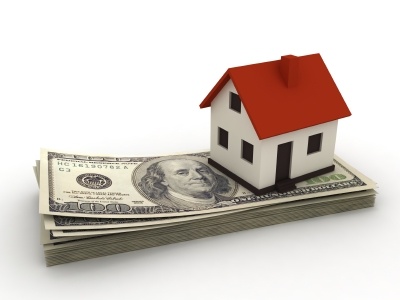We want some things to remain constant in life. We pursue good health, steady flow of income, and low expenses. In these areas, we welcome the predictable. When it comes to our largest monthly expense, our mortgage payment, we don't want it to fluctuate either.
When purchasing a home, we often ask, "What will my payment be?" and adjust the rest of our budget around the answer. But, when our mortgage payment increases unexpectedly, it can shake the foundations of our budget in a mighty way and leave us asking, "What is the reason for the rise in mortgage payment?".
The Cause
Ideally, a 15-30 year fixed mortgage should not change over the life of a loan. On the surface, the loan term did not change. Your initial calculated principal and interest didn't change. What caused the change in payment? Dig deeper into the loan documents and you will find the culprits within your mortgage escrow account.
If you didn't put down 20% at closing, your lender most likely set up a mortgage escrow account to collect and allocate home insurance premiums and property tax payments when you pay the mortgage. In addition to principal and interest, this average amount collected by the lender for your home insurance premiums and property taxes combine into one convenient payment and are paid out accordingly to your insurance carrier and tax office. It's easy, you pay the mortgage amount, and the lender handles the rest.
So, what could go wrong?
The Effect
Though an educated guess, the amount a mortgage lender collects is just that, a guess at the average monthly payment needed to satisfy the cost of home insurance and property tax. Since the insurance premiums and tax amounts collected only reflect the average monthly payment, if the sum of the year's payments is less than the annual required payment, you are responsible for the remaining amounts, resulting in increased mortgage payment. What can cause property tax and home insurance premiums to rise?
Property Tax
This is a hot button issue in Texas. Basically, property tax is determined by what appraisal districts and local governments deem land and buildings are worth. With an influx of people, businesses, and developers into the state, home and land prices tend to increase, with property taxes following suit. Fortunately, we Texans have a fighting chance at recourse. If you believe you have a solid argument against an increase in your tax assessment, learn how to contest property tax.
Home Insurance
Though arguably not as volatile as property tax, home insurance rates increase for several reasons. Some higher premiums we invite upon ourselves, e.g., adding a pool, trampoline, zip-line. However, when unexpected events trigger higher premiums (e.g., tornadoes, severe thunderstorms), we can attribute our higher premiums to the cost our insurance carrier endures to mitigate claims from these events. Age of roof and home can also cause our premium to rise unexpectedly if not aware of the difference this makes in the risk of loss associated with your home.
The Solution
Now that we know the culprits behind possible increases in your mortgage payment, take comfort in knowing you have options to lower it. Though you can contest a property tax assessment, consider a well-traveled road of shopping for another home insurance policy. It's a competitive market and many insurance carriers would like to equip you with a new policy for a great value.
As an independent insurance broker, we at Insurance For Texans have access to a number of quality carriers that we trust will provide you great coverage, service, and premium on home insurance.

We're here to help!
